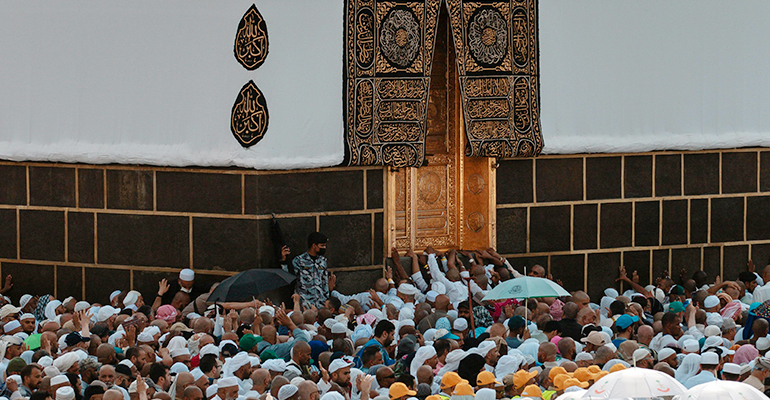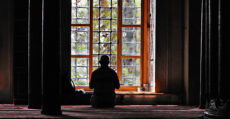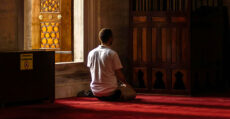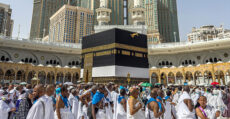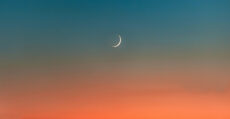Visit our YouTube channel for more
Question: Regarding the [first] ten [days] of Dhul-Hijjah, what are the best deeds [to engage in], and is fasting [on the day of] ‘Arafah required of the hajj pilgrim?
Response: He ﷺ said:
«There are no days during which righteous deeds are better and more beloved to Allaah than these ten days.» [i.e. the first ten days of Dhul- Hijjah.]
– and he did not specify a particular type of righteous deed, so the Muslim should strive in [doing] righteous deeds from [uttering] the takbeer [الله أكبر] – [as] this is [from amongst the] defining signs of these days, [as Allaah ﷻ says]:
﴾And remember Allaah during [specific] numbered days.﴿ 002:203
– [and] they are the [first] ten days of Dhul-Hijjah; and that is with the takbeer [الله أكبر], and the tahleel [لا إله إلا الله], and the tasbeeh [سبحان الله] – and to do this plentifully.
And likewise with fasting; to fast [these first] ten [days] of Dhul-Hijjah, along with all of the other acts of worship, one should strive [to do so] diligently during these days.
That is because they are blessed days, and deeds [performed] in them are of immense virtue and great reward – as they are virtuous and blessed days.
Yes.
May Allaah reward you [O] noble Shaykh Saalih.
As for…as for…as for, as for ‘Arafah, the day of ‘Arafah, then it is not desirable for the hajj pilgrim to fast on the day of ‘Arafah – so that he has the strength to engage [in worship].
And [note, in ‘Arafah] the Prophet ﷺ engaged [in worship] whilst he was not fasting, as he drank milk and the people were watching him [and came] to know that he is not fasting.
Rather, fasting is [desirable] for those who are not engaged [in worship] in ‘Arafah.
Yes.
Translation originally published on 7 June, 2024.

